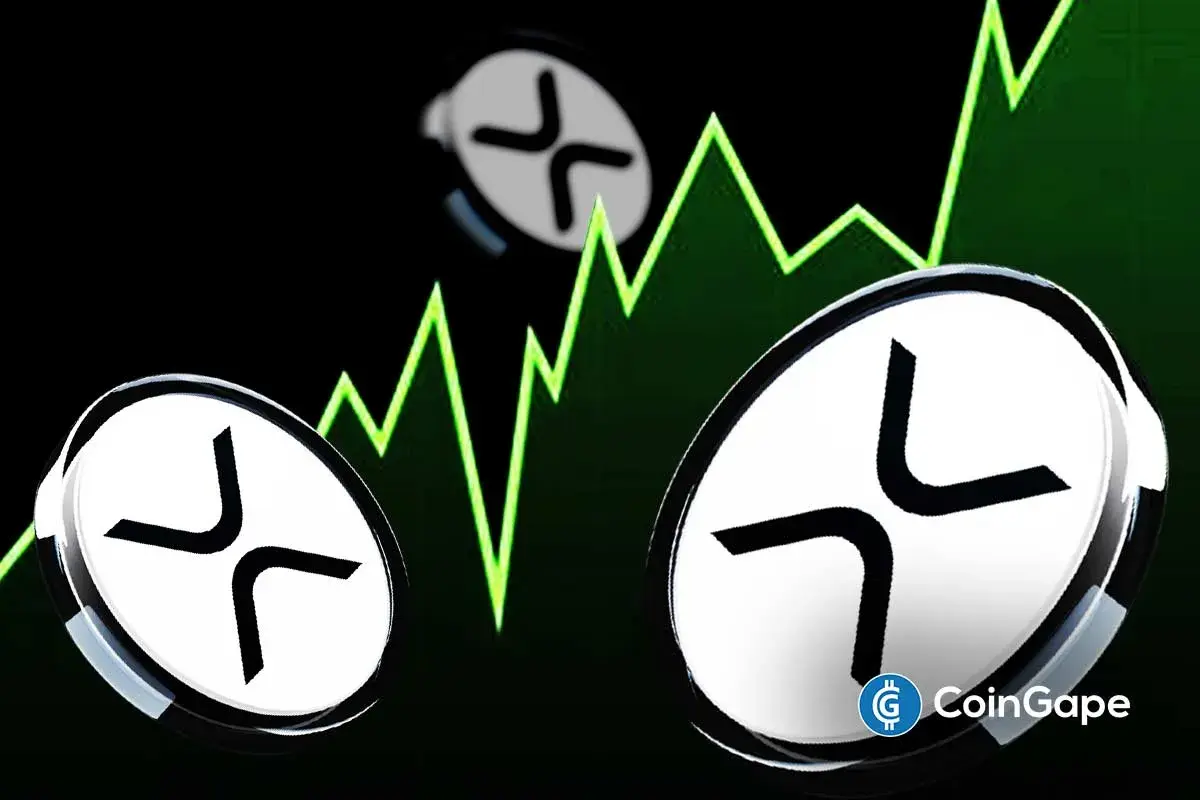Flare Enters Strategic Partnership With Bloxico To Launch Its ‘Reputation Score’

- Flare enters a strategic partnership with Bloxico, a Web 3-focused development and consultancy firm.
- Bloxico is set to introduce a community-based reputation score system on Flare.
- Apps, infrastructure providers and network participants will be ranked according to the score.
In a team statement released today, Flare, a blockchain for data network, announced its strategic collaboration with Bloxico, a pioneering blockchain service company, to bring community trust metrics to its platform. The partnership will see Bloxico introduce a Reputation Score to the Flare network, allowing community members to find the best infrastructure providers and decentralized oracles to place their capital.
The partnership will culminate in the development of a new platform that calculates a ‘Flare Reputation Score’ for all network participants. The platform will include objective on-chain data and analytics on the participation of users and subjective community-based measures to calculate the final score. The new scoring and voting system introduced by the Flare Reputation Score will allow community members to have the ability to assess and rate each other based on participation, network contribution, and general behaviour.
Explaining the motivation behind launching the reputation score, Hugo Philion, CEO and co-founder of Flare, stated the decentralized nature of Flare makes it difficult for users to select infrastructure providers. With the launch of the Reputation Score, users will be able to easily select the highly rated network participants for their data acquisition, instead of sifting across thousands to find the ideal one.
“In a highly decentralized system like this, with numerous providers for each of the different network roles, it can be difficult to make an informed decision, particularly for newcomers to the community,” Philion explained. “Reputation Score will help shortcut that process, clearly highlighting infrastructure providers that are trusted by the wider community.”
Adding to informed decision-making, Flare’s Reputation Score will also lower the barrier of entry for new community members in Flare’s ecosystem by reducing the perceived risk of deploying capital to otherwise unknown providers. Notwithstanding, users will now be able to select their Flare Time Series Oracle (FTSO) data provider or delegate their FLR tokens to a specific network validator based on community-assisted data provided by the Flare Reputation Score.
“Bloxico is excited to be building Flare Reputation Score,” Nenad Tanaskovic, CEO of Bloxico, said. “By enabling infrastructure providers to increase their reputation scores through the additional support they provide the network, such as educational content or network analytics, Reputation Score increases the incentive for deeper network involvement and contribution by these providers, therefore supporting the health and safety of the wider ecosystem.”
Finally, the Reputation Score will be widely adopted across the Flare ecosystem to provide scores for applications on the network and other key network participants, such as FAssets agents and LayerCake bandwidth providers when these systems are launched on the mainnet by the Flare Labs team.
- Michael Saylor Hints at Another Strategy BTC Buy as Bitcoin Drops Below $68K
- Expert Says Bitcoin Now in ‘Stage 4’ Bear Market Phase, Warns BTC May Hit 35K to 45K Zone
- Bitcoin Price Today As Bulls Defend $65K–$66K Zone Amid Geopolitics and Tariffs Tensions
- XRP Realized Losses Spike to Highest Level Since 2022, Will Price Rally Again?
- Crypto Market Rises as U.S. and Iran Reach Key Agreement On Nuclear Talks
- Shiba Inu Price Feb 2026: Will SHIB Rise Soon?
- Pi Network Price Prediction: How High Can Pi Coin Go?
- Dogecoin Price Prediction Feb 2026: Will DOGE Break $0.20 This month?
- XRP Price Prediction As SBI Introduces Tokenized Bonds With Crypto Rewards
- Ethereum Price Rises After SCOTUS Ruling: Here’s Why a Drop to $1,500 is Possible
- Will Pi Network Price See a Surge After the Mainnet Launch Anniversary?
















